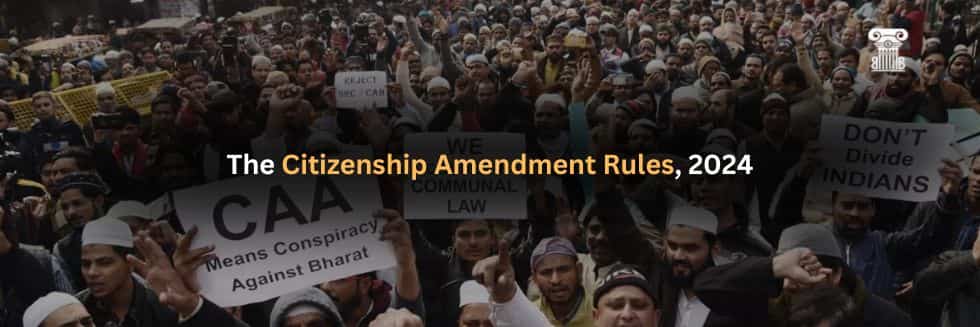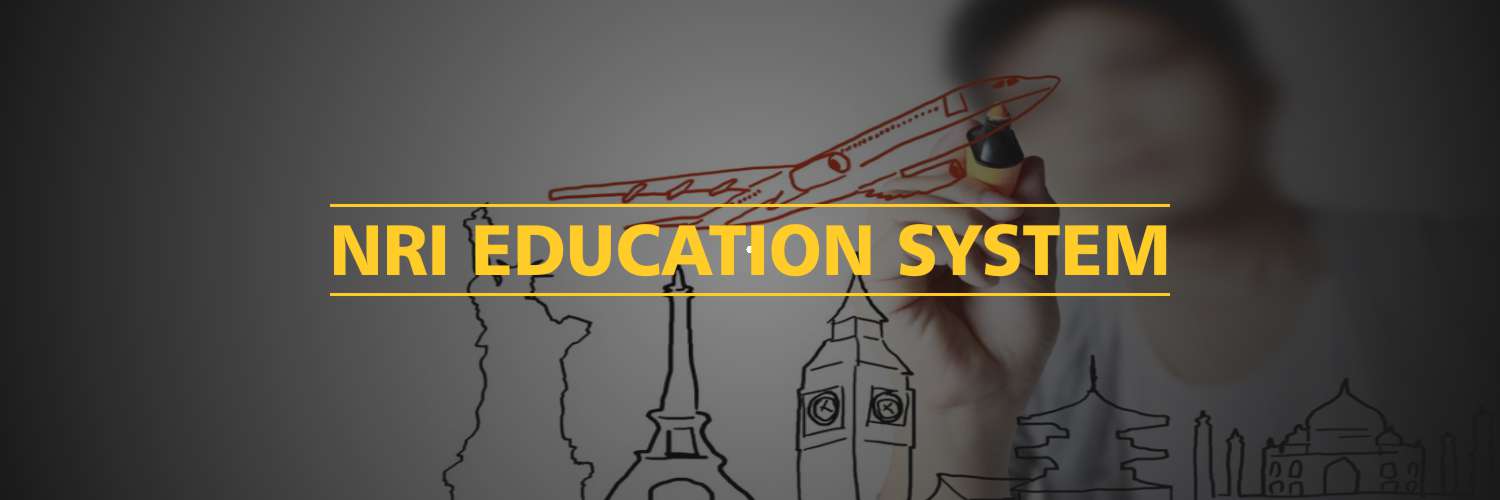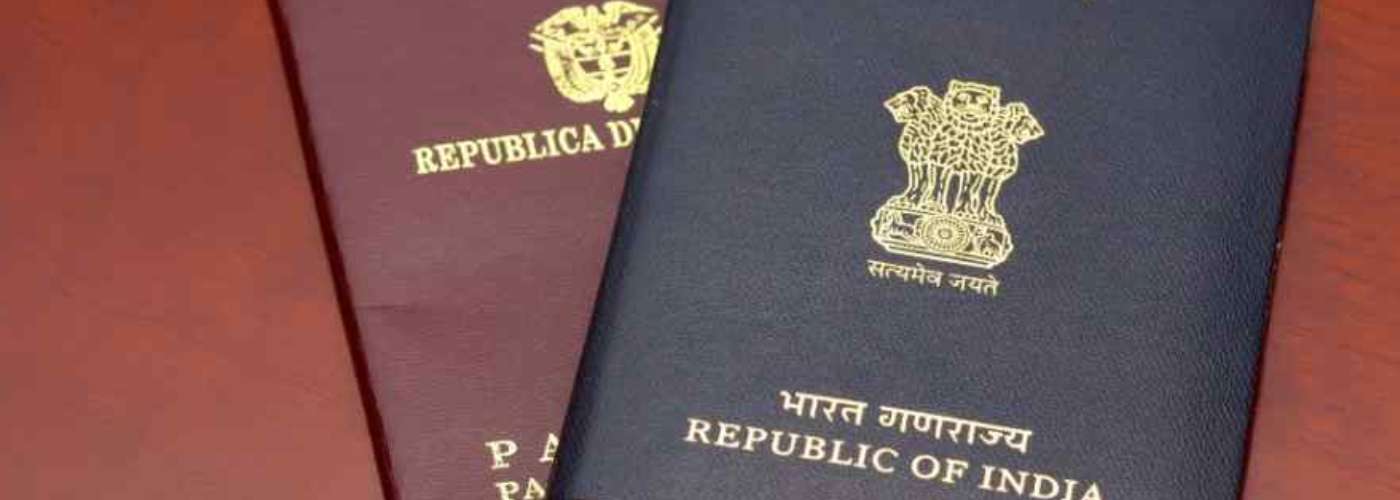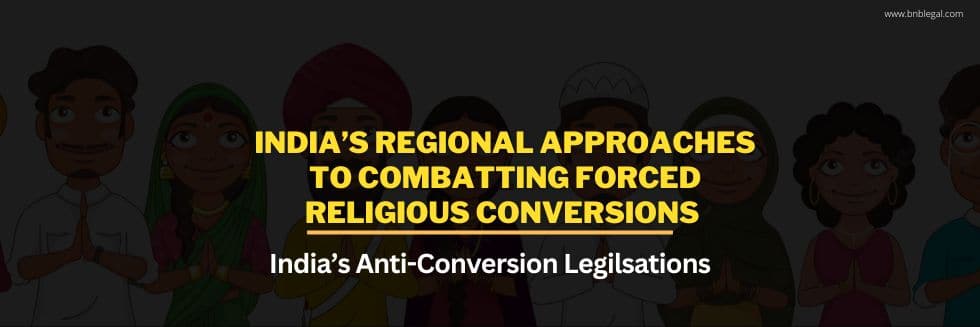The Ministry of Home Affairs (MHA) has made a significant stride by announcing the Citizenship Amendment Rules, 2024. This announcement has been eagerly anticipated since the amendment to the existing citizenship law was enacted in 2019.
Understanding the Citizenship Amendment Act, 2019
The Citizenship Amendment Act (CAA), 2019, is legislation that pertains specifically to certain categories of foreign migrants in India. It was passed in the Lok Sabha on December 10, 2019, and in the Rajya Sabha on December 11, 2019. The Act received the President’s assent on December 12, 2019.
The CAA is designed to grant expedited citizenship to persecuted minorities – Hindus, Sikhs, Jains, Buddhists, Parsis, and Christians from Pakistan, Bangladesh, and Afghanistan who arrived in India before December 31, 2014. The Act’s scope is limited, focusing on persecution based on religion.
The CAA does not impact Indian citizens, including Muslims, as they are protected by rights enshrined in the Constitution. It does not apply to Muslims or migrants from other countries. Furthermore, it does not address other forms of persecution. Despite some misconceptions, the CAA does not exclude Indian Muslims from citizenship; it merely facilitates the integration of foreign migrants.
The Act does not modify existing procedures for obtaining citizenship through naturalization or registration, which are available to all foreigners.
The Journey of Implementation
Since its passage in 2019, the CAA remained inactive due to the lack of formulated rules. Union Home Minister Amit Shah has praised this development as a fulfilment of a promise to persecuted minorities in neighbouring countries.
Major Changes under Citizenship Amendment Rules, 2024
Insertion of Rule 10A
Rule 10A has been added after Rule 10 of the Citizenship Rules, 2009. It outlines the eligibility criteria and application procedures for individuals eligible under Section 6B of the Citizenship Act, 1955. This rule specifies different application forms and requirements based on various categories of eligibility.
Insertion of Rule 11A
Rule 11A specifies the authority to which applications may be made by individuals applying under Section 6B. It establishes the process for electronic submission of applications to the Empowered Committee through the District Level Committee, along with verification procedures and the administration of the oath of allegiance.
Insertion of Rule 13A
Rule 13A relates to the scrutiny of applications by the Empowered Committee. It outlines the responsibilities of the Empowered Committee in scrutinizing applications for citizenship by registration or naturalization under Section 6B to ensure completeness and compliance with eligibility criteria.
Amendments to Rule 14
Rule 14 has been amended to include provisions for issuing digital certificates of registration in Form XA or XIA and hard copies of the certificate of registration. The certificates are to be digitally signed or signed by the Chairman of the Empowered Committee.
Insertion of Rule 15
Rule 15 has been amended to include provisions for issuing digital certificates of naturalization in Form XIIA and hard copies of the certificate of naturalization. Similar to Rule 14, the certificates are to be digitally signed or signed by the Chairman of the Empowered Committee.
Amendments to Rule 17
Rule 17 has been amended to include references to Section 6B alongside Section 5, reflecting the expanded eligibility criteria for citizenship.
Insertion of Rule 38(3)
Rule 38(3) states that the oath of allegiance required under Section 5(2) or Section 6(2) will be of no effect unless signed in the presence of or administered by the Designated Officer specified in Rule 11A. This ensures the legality and validity of the oath-taking process.
Conclusion
In summary, the Citizenship Amendment Rules, 2024, signify a pivotal moment in the implementation of the Citizenship Amendment Act, 2019. These rules provide a comprehensive and clear framework for the application and granting of citizenship to eligible foreign migrants. This marks a significant stride towards fulfilling India’s commitment to offering refuge to persecuted minorities from neighbouring countries. The new rules ensure a streamlined and efficient process, thereby facilitating the integration of these individuals into Indian society.
_________________________________________________________________________________________________________
This article was written and submitted by Devam Krishnan during his course of internship at B&B Associates LLP. Devam is a 4th year B.A.LL.B student at NUSRL, Ranchi.








